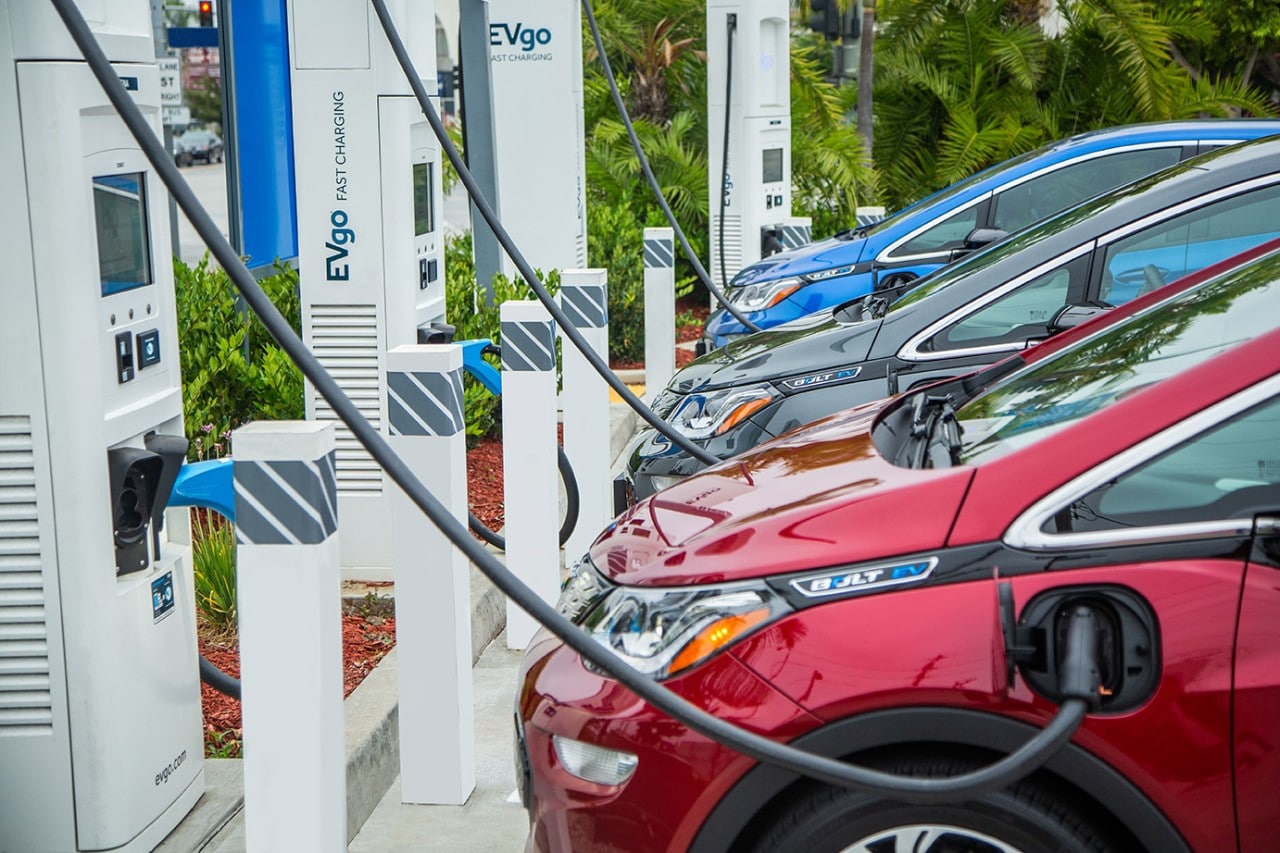Science & Technology, New Zealand (Commonwealth Union) – Some of the key barriers to more wide-reaching use of electric vehicles (EVs) has been concerns surrounding the distance that can be covered together with costs and charging points. Wireless charging has the possibility of resolving one of these key obstacles.
A partnership between the University of Auckland known in Maori as Waipapa Taumata Rau together with Downer NZ may initiate the end of “range anxiety” which is the anxiety a person has of insufficient battery charge to get to the destination.
Researchers from the University of Auckland joined hands with Downer to establish a new facility and possibly a game-changer in the uptake of EVs in New Zealand.
The Accelerated Pavement Test (APT) “rocker” facility was developed over the last 4 years to conduct testing on the efficiency of wireless “in-pavement” charging for EVs.
The facility is set to assist researchers from the Faculty of Engineering in the University of Auckland to explore the possibilities for integrating wireless charging pads into roads and highways, so drivers will not require a plug-in to charge EVs.
“This facility will help us model and assess the complex mechanical, electrical and thermal interactions when a wireless power system is placed within different pavement designs, explened Professor Grant Covic, the lead of the research team who further indicated that it will enable them to seek out the most suitable and economical solutions for New Zealand roads.
The launch is a component of the Inductive Power Transfer (IPT) Roadway Project that received funds from the Ministry of Business, Innovation and Employment, which aims to form new procedures to charge New Zealand’s fleet of EVs to fulfill the emission lowering targets.
The University of Auckland has a world-leading team that have been conducting studies on wireless charging technology for more than 20 years. As New Zealand proceeds to a low carbon future, the electrification of the roads is turning out to be much more urgent. However, there are obstacles to making this technology feasible among the overall population according to researchers.
The collaboration between the University of Auckland and Downer takes them a step closer to overcoming those obstacles, according to Murray Robertson, CEO of Downer NZ.
“We’re proud to enable the development of solutions that will work in the real world. Having this technology integrated into infrastructure will help us meet our shared low carbon goals and ensure the future durability and resilience of our roading network. Downer is committed to supporting innovation that could change how we build pavements in future and accelerate the adoption of electric vehicles,” explained Robertson.
The Accelerated Pavement Test (APT) “rocker” facility is set to simulate the wheel of a truck running on a half-scale road pavement having integrated wireless pads and produced with the aim of simulating the pavement or pad fatigue steadily. It is set to assist researchers to fully test the future roads, together with their resilience to atmospheric conditions.
“The system was co-developed by utilising the mechanical, roading and electrical expertise across the University and Downer teams,” said Dr Tom Allen. “It will enable faster testing of durable charging systems, which is a key factor in the system’s success.”
Associate Professor Doug Wilson, Director of the Transportation Research Centre at the University of Auckland indicated that bringing about durable “in-pavement” solutions is an obstacle but an extremely worthwhile goal.
“This project will have significant benefits for a potential future transport system, and integrating new technologies like this will be invaluable as New Zealand transitions to a low carbon future.”
The success of the project is likely to pave the way for many other nations that hope to rapidly replace existing vehicles requiring fossil fuels with EVs.








